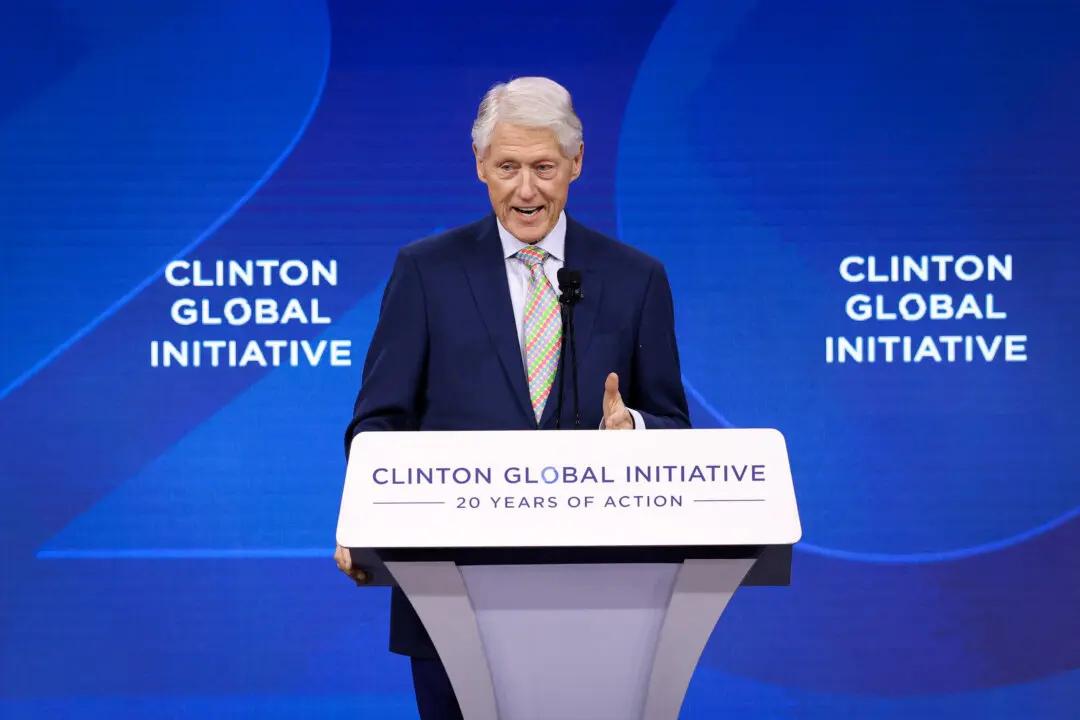One of the world’s largest open-access journal publishers is retracting more than 500 papers, based on the discovery of unethical actions.
London-based Hindawi, which publishes more than 200 peer-reviewed journals across multiple disciplines, stated that its research team identified in June “irregularities” in the peer review process in some of the journals.





